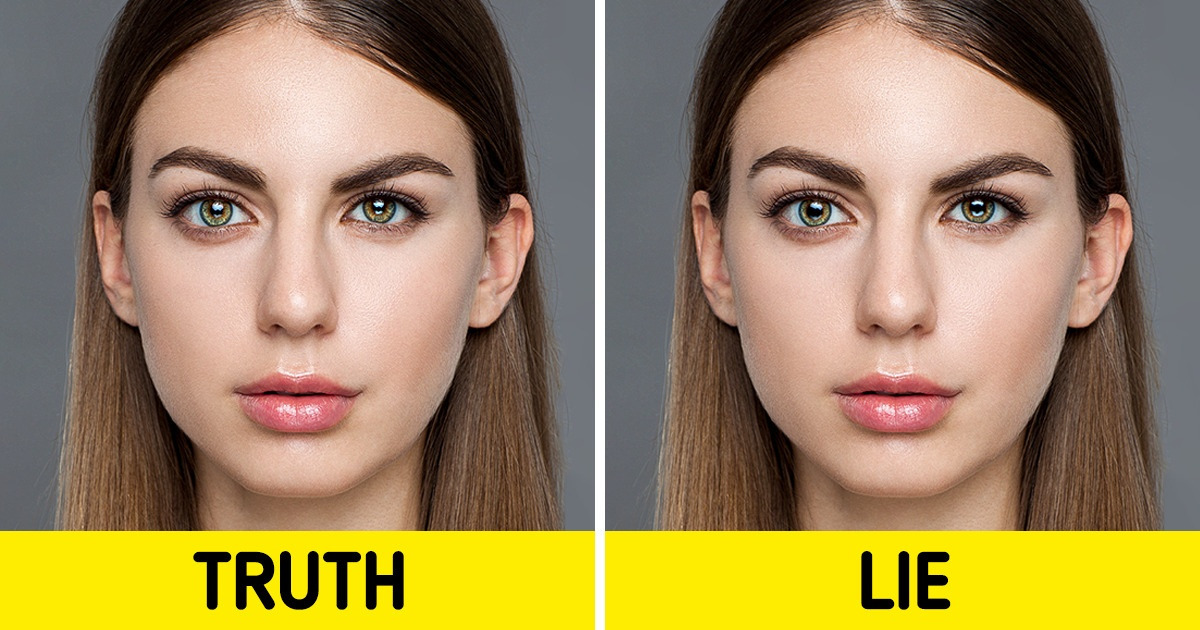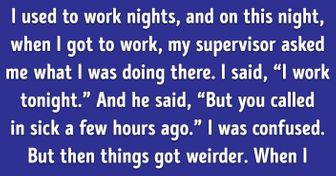19 Stories About Exes That Made Us Raise Our Eyebrows More Than Once


Despite the idea that it’s easier to lie if you don’t see the person who you want to deceive, 79% of the lies are told face-to-face. In 51% of the cases, we lie to our friends and in 21% — our family. There are some other things that you probably didn’t know about yourself and the art of lying. Read on to find out.

If you thought that toddlers were too little to lie, researchers have some news for you. They reported that children start doing it from the age of 2. The experiment showed that lies were told by:
Don’t judge them. It’s a part of improving their cognitive system, and it’s normal. Just don’t forget to encourage honesty in them.
A lot of people think that by looking into someone’s eyes, you can figure out if they are telling the truth. Another study showed that pupil dilation might signal deception. Our nervous system regulates pupil size, and when pupils dilate, it means that cognitive demand increases, and liars usually experience this demand.
Yes, a person who has used a “truth serum” may create genuine facts. It’s also important to know that their words could just as easily be their imagination at work, and because of this, it’s very difficult to indicate if the words are true or false.
Scientists found out that we may lie 11 times a week on average. Moreover, they found a link between people who lied less and those who are healthier in comparison to the no-lying group.
Those who lie over and over again can start to believe this is reality. Experts say that self-deception is actually very common because this is how we can persuade others and protect our self-image.
Lying is a common trait in society and can be a part of someone’s personality. Researchers say that people who are intelligent extroverts, and those who are not very agreeable, are most likely to lie. Also, intelligence plays a role. Lying simply improves brain activity.
It was noticed by judges that face veils don’t interfere with detecting deception. It’s almost the opposite. Lying is easier to recognize when you don’t see someone’s whole face.
How often do you lie? Do you feel guilty if you have to cheat?











